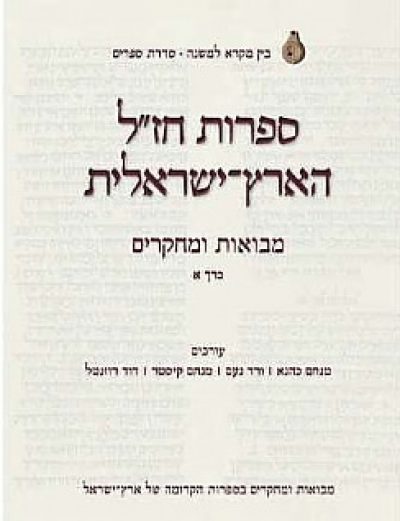While the concept of original sin is not central to Judaism, the Torah recognized that people were created with bad urges (Gen. chaps. 6, 8). Judaism recognizes that people will err and sin. A sin in Hebrew is a het or a straying from the right way (s.v. halakha). Teshuva—which means “return”—is the path back to God and the commandments. Teshuva is also the Hebrew word for response or answer and the concept of repentance implies being answerable and taking responsibility for one’s actions.
Repentance is prominent in the Tanakh (s.v. Torah – written). The prophets called upon Israel to repent and Jonah was commissioned to call for repentance in the gentile city of Nineveh. Jewish tradition sees God as a patient and understanding parent who accepts his errant children with compassion and forgiveness.
Maimonides and other Jewish theologians defined true repentance as consisting of several stages:
(1) Cease committing the sin;
(2) regret the sin
(3) resolve not to repeat the sin
(4) make restitution – where applicable
(5) request forgiveness
(6) make a formal confession.
The highest degree of repentance is to have the opportunity to repeat a sin and resist the temptation.
Just as the commandments (s.v. mitzvah) are divided into those between people and God and between one person and another so too are sins. For sins against God forgiveness is nearly automatic if one repents:
God says to Israel: My sons, open for Me a window of repentance as narrow as the eye of a needle, and I will open for you gates through which wagons and coaches can pass (Midrash Song of Songs Rabbah 5:2 no. 2).
Forgiveness for sins against other people requires that one approach the offended party, admit one’s guilt, make restitution and request forgiveness. We are commanded to be forgiving when a penitent approaches us in this manner.
Teshuva can and should be done at all times. The Mishna (s.v. Torah – oral) says that one should repent (fully) one day before one dies (Avot 2:10). As one cannot know the date of one’s death the rabbis interpreted this to mean that one should be in a state of continuous repentance. Nonetheless, there are seasons at which teshuva is more prominent. Yom Kippur, the “Day of Atonement,” is the day of God’s annual judging and forgiving. We are judged for our actions and our merit are balanced against our sins. If we repent our sins are erased. (Some talmudic rabbis even suggested that our sins were converted to good deeds! Yoma 86b)
The repentance rituals are based upon the confession of the High Priest in the Temple on Yom Kippur, which is described in Lev. chap. 16. Leading up to Yom Kippur are the 10 days of repentance which begin with Rosh Hashana. Elul, the entire month before Rosh HaShana is known as the month of penitential prayers and repentance and special pre-dawn prayers are said in synagogues each night of this month.
Ba’al teshuva (a master of repentance) is the term for someone who has accomplished complete repentance and subsequently stands on a high spiritual level. The Rabbis said “even the totally righteous are unable to stand where Ba’alei teshuva stand.” (Midrash Yalkut Shimoni, Gen. 247) Today the term Ba’al teshuva is used to refer to one who has “returned” to traditional Jewish observance after a life of sin.
The paradoxical hope that God will help us to repent so that we may be forgiven is based upon the penultimate verse of Lamentations(5:21):
Cause us to return, Eternal, to You, and let us return; Renew our days as of old!






